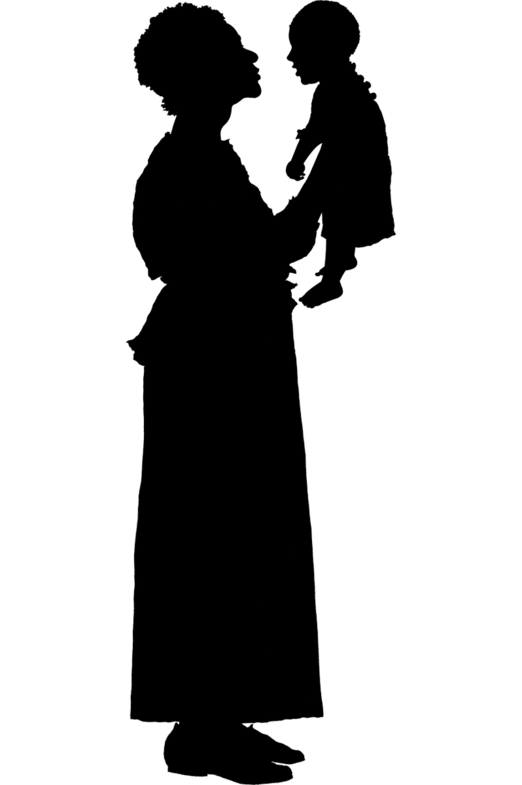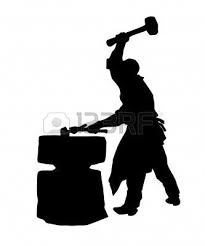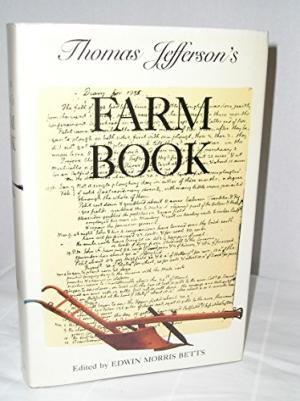SoulsinMyFamily.org
.....................................................
Thomas Jefferson, Slave Owner
Thomas Jefferson was a slave owner all of his adult life. In 18th century Virginia, that was a common enough thing for a gentleman born into the gentry class. As the top five percent of the population, the gentry often owned hundreds of acres of land and many slaves. A gentleman's wealth depended on his property - both land and slaves.
What about oral traditions?
In the 18th century few slaves could read and write, so it was very difficult for them to keep written records. Slave families sometimes kept oral traditions - telling the stories of their family over and over, as it was passed down through the generations. In this way they kept an unwritten record of their history.
Is oral history accurate?
Historians differ in their opinions. Some feel oral history can be just as accurate as written,others worry that details could become twisted or exaggerated. But even primary sources (such as letters) are usually written with a one-sided view.
These stories are about just a few of Mr. Jefferson's slaves. Historians can study primary sources like Mr. Jefferson's Farm Book and his family letters to learn about these people of the past. The Farm Book is his record of what happened on his Monticello plantation: food and clothing issued to the slaves, animals bought and sold, cloth production,crops and much more.
Jefferson's Memorandum Book, in which he made almost daily notes of the money he spent, the business people he dealt with,
and payments he received, is also a primary source of information.
Memoirs
In a few cases, slaves were interviewed about their lives as slaves of Thomas Jefferson and their memories were written down for them. But if the person recording does not record accurately, does not use the persons own words or even inserts their own opinion, memoirs may be incorrect or exaggerated.
The study of history should involve using all sources available - letters, account books, maps, public documents, journals and oral traditions in an honest attempt to reach accurate conclusions.
How We Know What We Know
What about Family Letters?
Slaves who worked in and around the main house, and had closer contact with their owner and his family, were more likely to be mentioned in family letters. Some of Mr. Jefferson's slaves such as his field hands, did not have close contact with the family and were seldom mentioned in personal letters.
Jefferson's Farm Book and other written documents provide historians with details about the lives of these slaves as well. By studying these records, scholars know what sort of food and clothing they were issued, what their jobs were and where they lived on the plantation. There are records showing names of their parents and dates of births and deaths. These are interesting details but provide only an impersonal idea of what life was like in the 18th century.
Why "souls in my family"?
"Souls in My Family" is a phrase Thomas Jefferson used in his Farm Book.
The list includes the categories:
Males of 16 years old & upwards
Females of 16. years old & upwards
Males below 16.
Females below 16.
Number of Free & slaves
Number in the whole.
The list also indicates how many in each group are free, and how many are slaves. Included in the list would have been his own family, overseers and their families, white tradesmen who lived on the mountain, and all of his slaves and their families.
The list on page 27 of his Farm Book is dated 1776 and is titled: " Number of souls in my family in Albemarle as given in this year."








